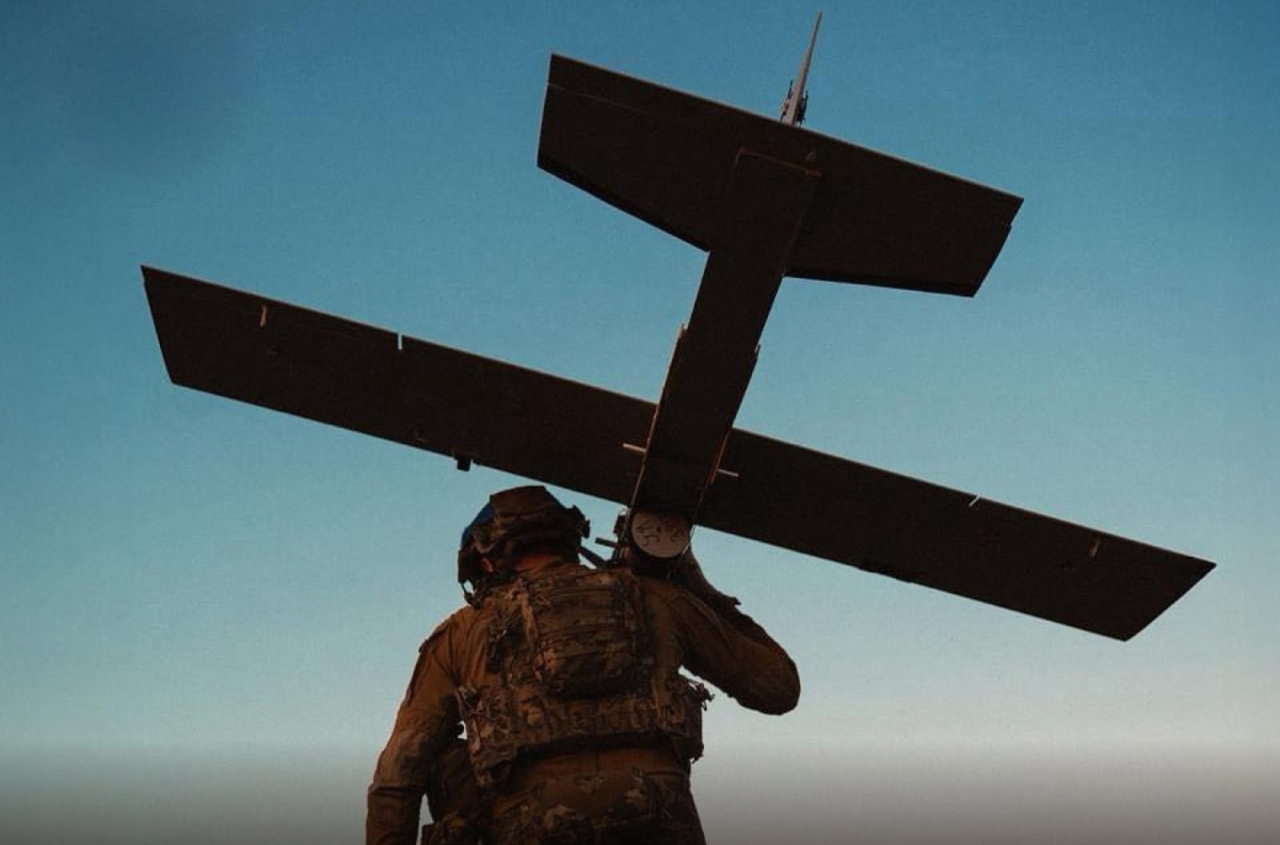The Russian economy significantly slowed down in April–June of this year and entered a stage of “technical stagnation,” said Sberbank head Herman Gref.
This was reported by The Moscow Times.
“The cooling continues, as we can see from GDP growth rates. The second quarter can practically be considered technical stagnation. July and August show quite clear signs that we are approaching zero growth,” Gref said at a briefing during the Eastern Economic Forum (EEF).
According to him, it is important to exit the period of controlled economic cooling in a timely manner, since restarting growth later will be difficult. He called the Central Bank’s key interest rate an important tool for this, which Sberbank expects could drop to 14% by the end of the year.
“Is this enough to revive the economy? In our view, it is not. At current inflation levels, the rate at which we could hope for economic recovery is 12% or lower,” Gref said, expressing hope that the Central Bank will prevent a “slide into recession.”
The military-driven boom that the Russian economy experienced in recent years has ended in 2025. According to the Ministry of Economic Development, GDP growth in July was only 0.4% year-on-year. Compared to June (1%), the economy slowed by 2.5 times, and compared to December last year (4.5%) — by 11 times. Industry is on the verge of stagnation (0.7% growth), while several sectors have fallen into deep recession. Clothing production fell by 7%, furniture by 12%, electrical equipment by 6.5%. Metallurgy declined by 10.2%. Food production fell by 1.1% from January to July, and freight transportation decreased by 1.5%.
The Ministry of Economic Development, which initially expected 2.5% GDP growth this year, lowered its forecast to 1.5%. The Central Bank predicts growth of 1–2%, and next year only 0.5–1.5%. The IMF, in turn, expects the Russian economy to slow from 4.3% last year to 0.9% this year.
In June, the Central Bank cut the key rate for the first time in three years from 21% to 20% per annum, and in July it lowered it further to 18%. The regulator explained the decision by the faster-than-expected decline in inflationary pressure but noted the continued need for tight monetary policy to bring inflation back to target. The Central Bank’s baseline scenario assumes the average key rate will be 12–13% in 2026 and will fall to 7.5–8.5% in 2027 and 2028.





















